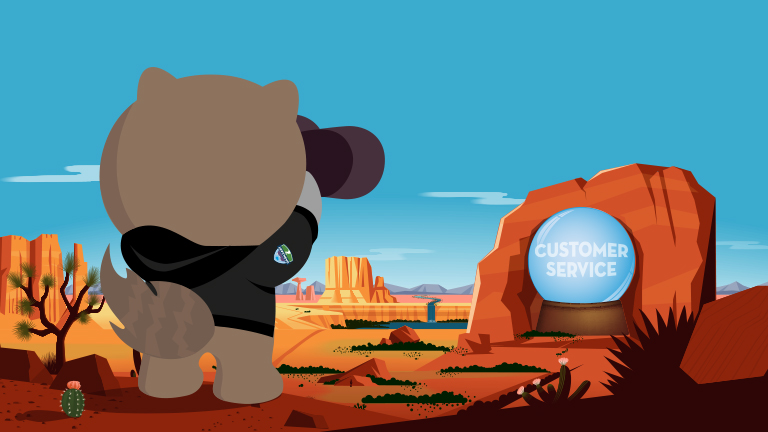Things to know about Service Scheduling Software in 2018
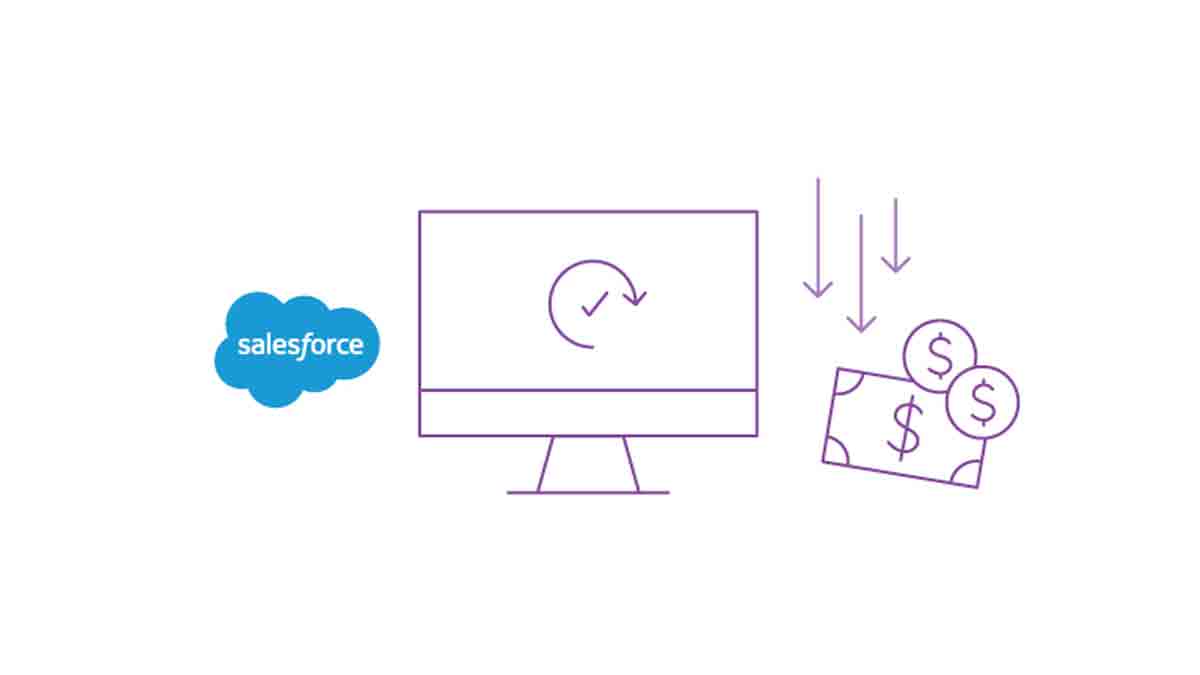
What does the term “customer service” bring to mind? It can be difficult to pin down, really. Every aspect of every business could be described — at least in a roundabout sort of way — as customer service. After all, customers drive business success, and whether your company focuses on B2B or B2C, those customers should still be at the heart of every decision. However, customer service has taken on a more specific denotation through the decades.
Traditionally, the term “customer service” would conjure images of a person sitting at customer service desk, and as technology progressed, the definition expanded to include call centers. These two examples detail the support and help aspects of customer service. And while both are still vitally important to modern businesses, technology has continued to expand. Now, in addition to the more traditional customer channels, new options including social media, email, and at-home field visits are becoming not only possible, but expected.
As such, creating a good customer experience across every channel has become a major focus for companies who want to succeed.
New Advances Make it Possible.
Just as advances in technology have created new customer service and support channels, it has also made it possible for businesses to effectively service their customer base across all channels. Through field service scheduling software, service call scheduling software, and other related customer relationship management (CRM) tools, companies are able to provide a more comprehensive and unified customer experience, no matter which channel or channels their clients frequent.
Even if you are already taking advantage of this kind of service industry scheduling software, it’s important to keep up to date with the latest developments in order to remain competitive.
What Can You Expect from Standard Service Scheduling Software in 2018?
Mobile.
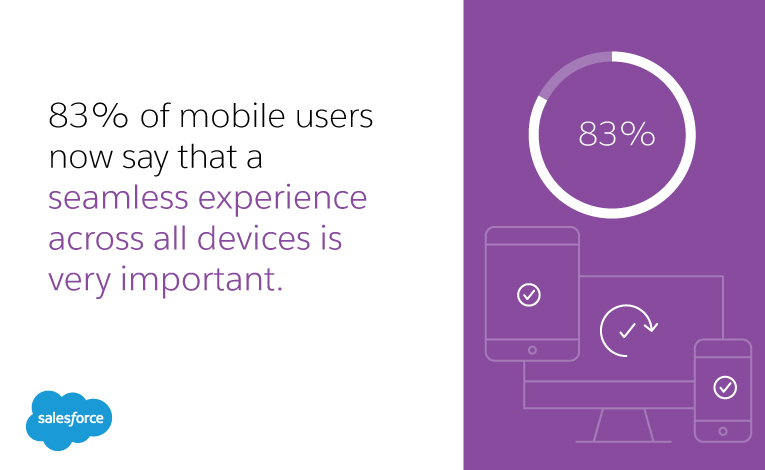
SaaS.
Accessibility.
Case management.
What Defines the best Service Scheduling Software in 2018?
Third party integration.
Tracking.
Training and easy implementation.
Cost-effectiveness.
There was once a time when top of the line technology was only available to large companies, by virtue of the fact that they were the only ones who could afford it. Now however, small and medium sized businesses are able to gain the same advantage through these third-party hosted, cloud-based CRM platforms, which provide the same tools and scheduling software as those options that are available to businesses with big budgets.
With this now being the case, there’s no reason why an organisation should have to blow its entire IT budget on an inferior solution. Do your research, shop around, and find a reliable solution that you can afford. Many CRM service scheduling options offer multiple pricing tiers, and some also allow you to pick and choose, only charging you for the services you use. And, so that you don’t have to commit to a solution without being sure, some providers also offer free trial options.
How we picture customer service and support may have changed over the decades, but the need to provide client-focused, exceptional service will always be relevant. In the age of social media, businesses are under more pressure than ever before to offer only the best service, whether in-person or online. Salesforce Service Cloud provides the best case management, scheduling software, agent productivity tools, and more to help your business provide the best customer experience possible.
With Service Cloud and Salesforce solutions, you can gain a full 360-degree view of each customer, allowing full synchronization across all departments and channels.
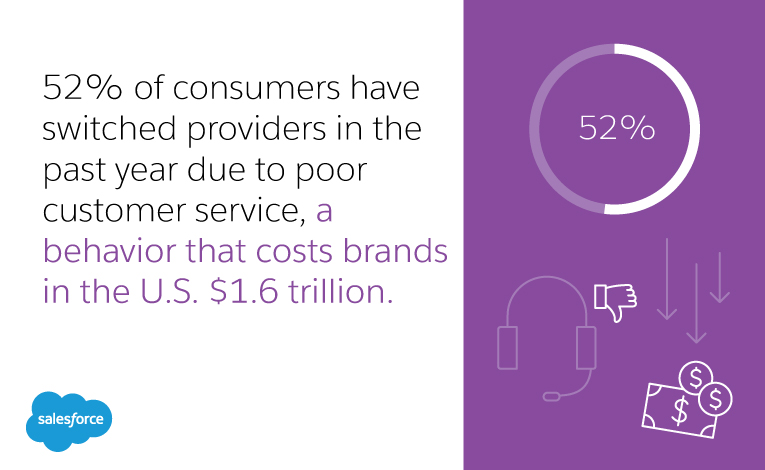
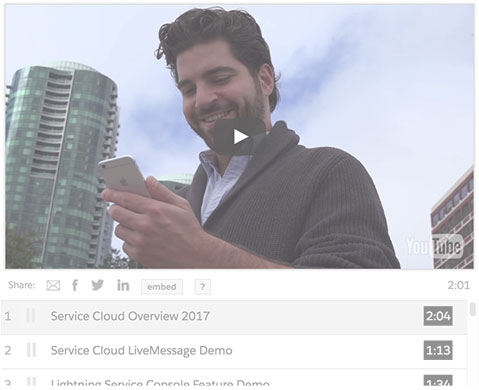
Watch a Service Cloud demo

Start blazing your trail with Service Cloud
